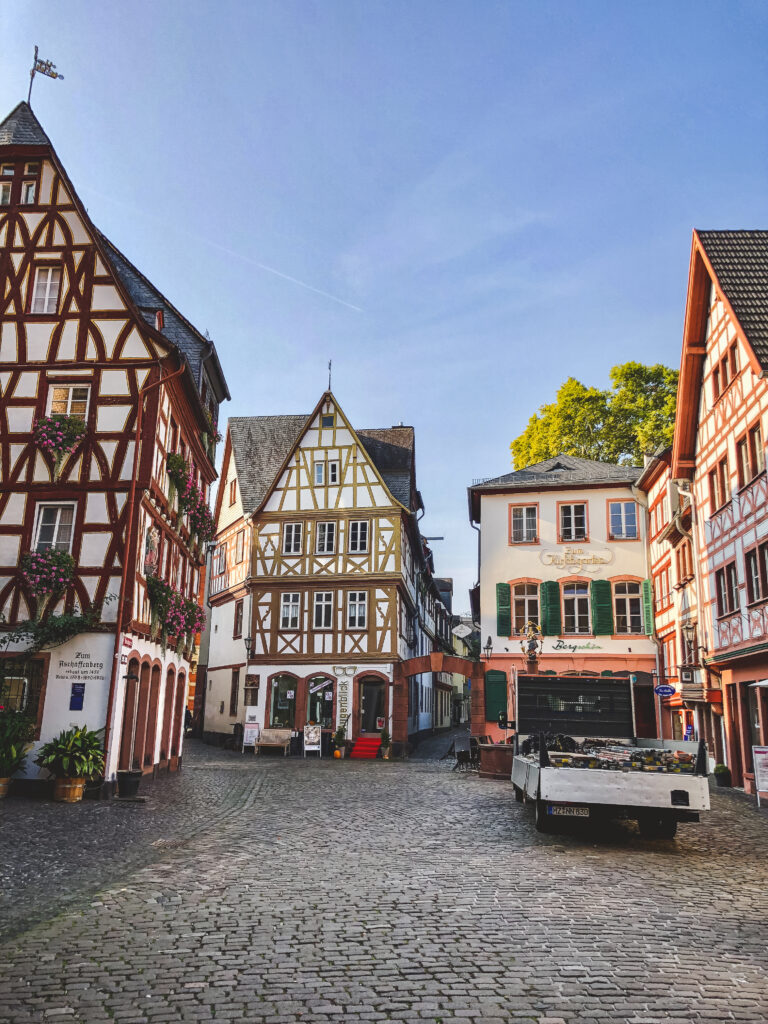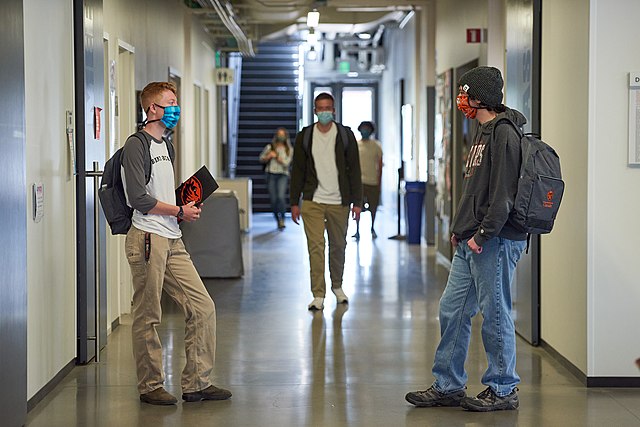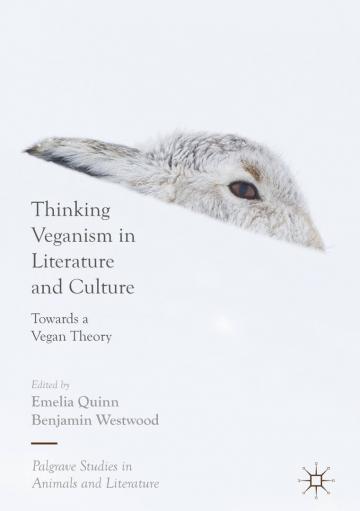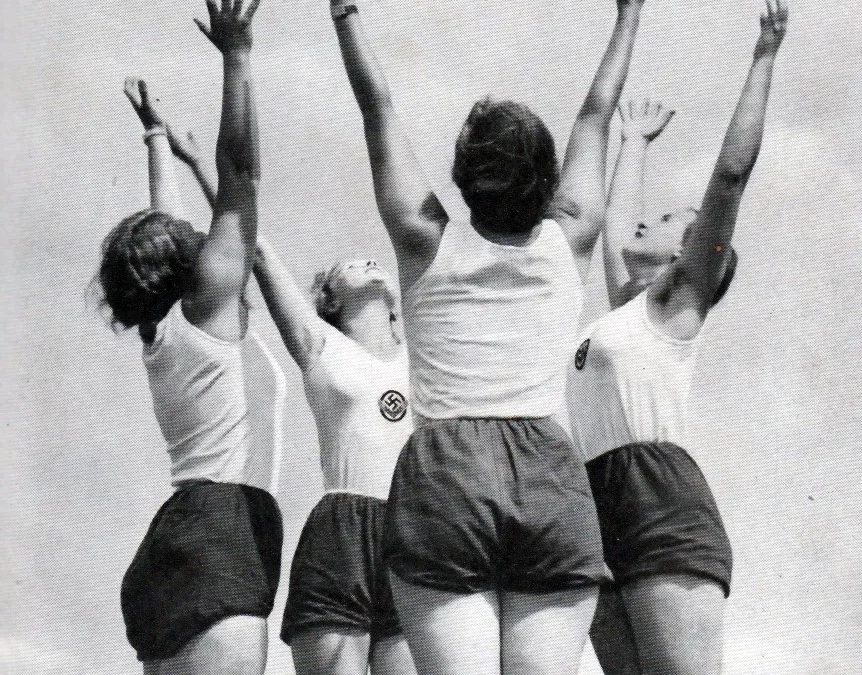This morning my aunt died.
This may only be of interest to those who knew her, but I would nonetheless like to write the following down, by way of a virtual gravestone.
Inge Heß was born in Giessen in 1926 – which meant that, like her sister Renate (1928-2012) and her brother Dieter (1931-1996), but unlike my mother Ursula (b. 1938), she arrived in a Germany that was still struggling after the War.
She grew up tall, glamorous, with a strong interest in languages.
Unlike her younger siblings, she was not evacuated from the Rhineland town of Alzey where the family was living during the next war.
Despite cutting her hair off and attempting to look plain, she was nearly raped by an American soldier occupying their house. Her school English phrase ‘Help me. Help me’, voiced on bended knee, induced a senior officer to call him off.
She went to Mainz university to study French and Latin. She fell in love with one of her professors – Jean Nels, a Catholic linguist from the Eiffel – faced down the opposition of Jean’s parents to union with a Protestant family, converted to Catholicism, and married him. They had three children.
She was present at my baptism in Wheldrake, Yorkshire, when she became one of my two godmothers. I don’t remember this.
My earliest memories of her are iterative. Each summer we would visit Alzey, and also spend a few days with the Nels family in Hechtsheim, outside of Mainz.
Jean was rather awesome. Although he died many years ago, I am still rather in awe of him. I am sure that I made myself heard as well as seen at his dinner table, but equally sure it would not have violated the spirit of his upbringing had I not. He ate large servings of meat. Inge served plain German food: much-boiled vegetables, bubbly mineral water, many peaches. She tended their garden well – she put a gutteral ‘h’ before the ‘r’ in ‘Garten’ – and produced Johannisbeeren and strawberries and pears. The garden had an empty, circular, fish-pond, which I delighted to play with. In the Keller was an exercise bike, on which my brothers and I competed for speed. My favourite Inge-excursion was the Mainz Volkspark, with its many strange-shaped pools.
When I was thirteen I was confirmed in Grantham. Inge was there again, and this time I remember it.
She wrote and sent me things for Christmas and my birthday. She had a big, slanting hand and a broad blue-nibbed fountain pen. For my birthday she would wish me a good new ‘Lebensjahr’, the wonderful German word meaning ‘year of life from one birthday to the next’.
When I was older she shared her love of Spanish and English literature with me.
I realised that she was conservative in some things. She retained a deep, war-born fear of Russians.
She had a wooden relief of Maria’s profile on her living-room wall.
It is something that they don’t tell you about being a niece, nephew, grandchild, and so on, that there comes a point when the communications that have been so regular and so taken for granted for so many years, begin to stop.
You still write to that person, and this is only a tiny payback for the many years in which they loved you before you can remember them, or were even conscious of them.
At least, in her case, I think that she was as large an object of my thought during my conscious years, as I was of hers.
And she was present at my wedding two years ago, and I believe that she understood it.
She died in the house of her daughter and son-in-law, where she had spent her last years, in company, and in peace.
I don’t believe that heaven looks like the interior of a Rhineland Catholic church, but I hope that her faith helped her to larger life, closer to the truth of things, and to happiness. Auf Wiedersehen und danke, liebe Tante Inge. Danke, auch, lieber Onkel Jean.




